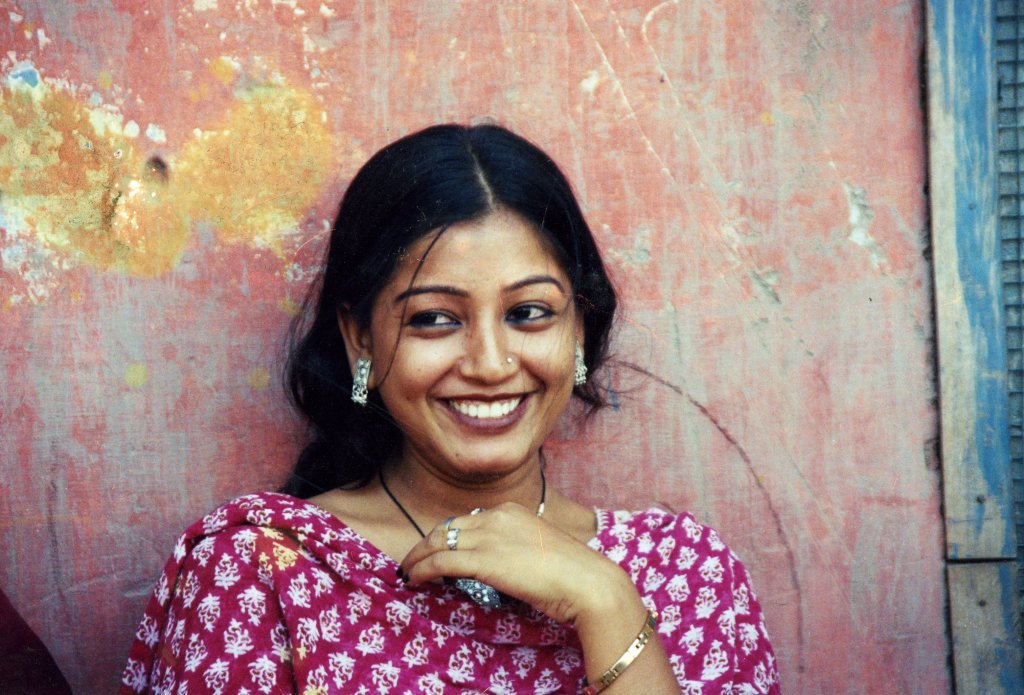
All you need to know about how to tackle one of the biggest epidemics in the country.
“Prevent. Treat. Beat diabetes”. That’s the WHO theme for World Health Day 2016, on April 7. Since India’s diabetes problem is turning into a situation that cannot be ignored, this theme really needs to be embraced for our country’s sake. What is especially bad about India’s diabetes epidemic is the increasing number of younger people getting diagnosed. While this needs to be taken very seriously, the good news is this: many of the steps which can slow down the epidemic are things that we can all actually do. We just need to implement them.
When the WHO says “PREVENT”, what can Indians do?
If you do not have diabetes, but are of Indian descent and have relatives with diabetes, you are at risk. You can’t change your DNA, but a majority of diabetes cases can be prevented by changing the lifestyle that triggers diabetes in the first place. The South East Asian Regional Office for the WHO wants you to know that a large portion of Type 2 diabetes cases are preventable, and all are treatable. Most complications from diabetes can be prevented when the approach is aggressive. What specifically helps?
Exercise works to prevent diabetes
Yes, you have heard it before, but have you actually done anything about it? Can today be the last day you give yourself excuses for not exercising? If you have a health concern that affects your ability to exercise, talk to your doctor about how to modify your exercise program so that you can get as fit as possible. Exercise reduces diabetes risk. The daily walks are great for cardio fitness, and investing in a strength training program to build muscle mass will cause significant improvement in blood sugar levels. Your muscles burn glucose even when you are not exercising. Exercise helps you get stronger, become healthier and live longer. Why not invest in something with that kind of ROI?

Weight loss prevents diabetes
Indians get sick from fat around the tummy at narrower waistlines than their Caucasian friends who have the same waistline. From a metabolic perspective, Indians do not tolerate obesity well. Obesity is a major factor driving India’s twin epidemics of diabetes and heart disease, and is sadly causing loss of life that is preventable. Losing five to seven percent of body weight can have a major benefit in preventing diabetes. But this won’t happen by staying in the gym all day, so just focus on ways to change your eating habits for the long term.
When the WHO says “TREAT”, what can Indians do?
Diabetes can be treated and controlled, so don’t settle for anything less than optimal control. You may feel normal, but still have diabetes and not even know it yet, go see your doctor and get tested for blood glucose and glycosylated hemoglobin levels.
Your diet has direct impact on your blood sugar.
Indian society has many myths and misunderstandings about a “diabetes diet”. Bottom line: there is no single good or bad food. If you want to know the effect of a particular food on your blood sugar, eat it, and check your blood glucose on your personal glucometer two hours later. Then you can decide how much of that item to have. Indian diets tend to be predominantly carbohydrate based, and often lack enough protein, calcium sources and vegetables. Why do so many people think that all they have to do is stop sugar in their chai once they get diabetes? There are so many powerful changes one can make in their eating habits, which often times reduce the need for diabetes medication. Give it a try! Start by paying attention to your portion sizes.

You need to lose weight without going on a diet.
Do you eat when you are hungry? Or because it’s “time” to eat? Or has someone told you to eat every few hours “because of your diabetes medication”? Here’s the fine print: If you eat when you are not hungry, your body will store that as fat, and you are likely to gain weight. That sounds backwards doesn’t it? To eat MORE than your body wants, as part of following a diabetes plan? You should talk to your doctor about reducing/changing medication if you need to eat more than you are hungry for, just because your sugar has a tendency to drop low to hypoglycemic levels. They can adjust your medication so you can safely eat according to your natural appetite. Oh, and please don’t go on a crash diet. Follow a meal plan that you can see yourself eating happily for the rest of your life. Start by making one small change.
Stress makes a difference.
I have seen so many people who have developed diabetes in the year that they lost their spouse, when they were going through a divorce, after a major financial loss or suffered a very stressful phase at their workplace. On a day to day basis, my patients can use their glucometer see how high stress raises their blood sugar. Wouldn’t it be nice to find ways to reduce stress? You might get double the ROI: a more peaceful heart and maybe less diabetes medication. There will always be some changes and some stressful situations: that’s life! The trick is to reduce distress so your experience of living with diabetes can improve.
When the WHO says “BEAT diabetes”, what can Indians do?
We as a society can change our attitude and win the mind game that comes when we struggle to manage diabetes. The emotional burden of living with diabetes everyday can often wear down on some people. What helps is to find people who are on a similar journey, talk to those who have had some experience with changing their lifestyle, establish a diabetes support group for yourself, and find a healthcare provider that can understand and address your worries and concerns about diabetes. Current medical science has established the value of empowering the person living with Type 1 or Type 2 diabetes, because that helps them better self-manage their chronic condition and achieve better glucose control, often times while needing less medication. Find ways to learn more effective self-management skills, find people who share a philosophy similar to yours, and you may enjoy an improved quality of life with diabetes. Once you learn that skill, please take your wisdom into your homes and communities to help our children in the next generation, so we can hope to slow down this epidemic during our lifetime.
Dr Roshani Sanghani is a Consultant Endocrinologist and Founder of the Diabetes Self-Management Clinic at PD Hinduja National Hospital, Mumbai.